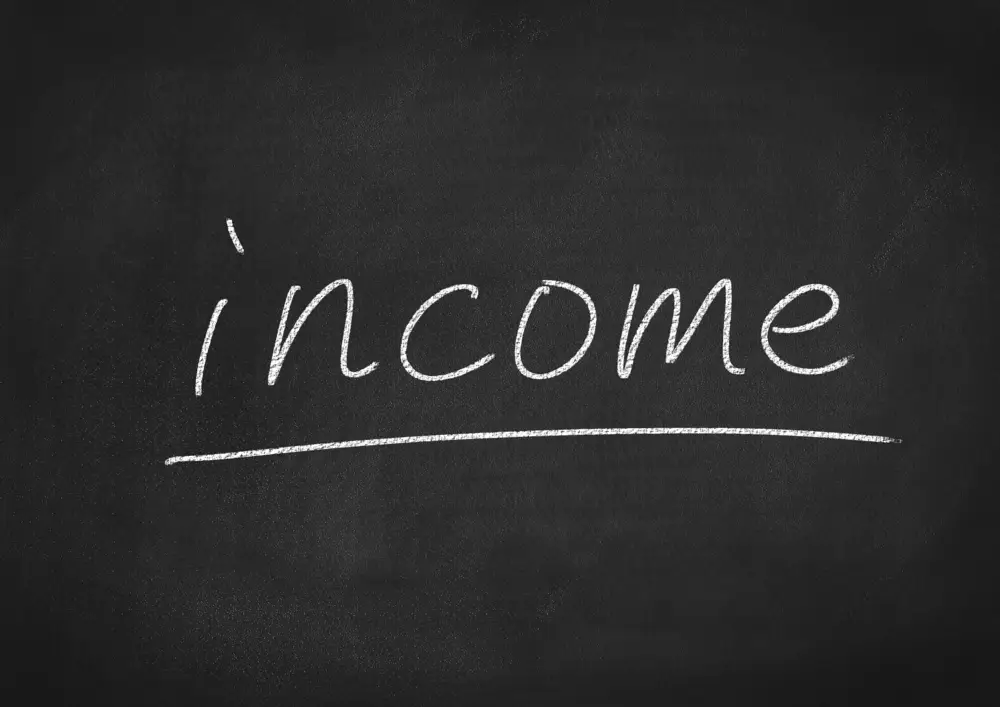How is Saving Money Beneficial & Can it Secure Your Future: Benefits, Tips, and Strategies
Among the most important routines you may develop to raise your financial situation is saving money. The value of saving cannot be emphasized in our fast-paced society when materialism sometimes lures us to spend more than we can afford. Imagine this: you lack the money to pay for repairs when your car breaks down suddenly. Stressful, correct? This situation emphasizes the need of including a financial cushion.
Saving money is about securing a better future, lowering financial stress, and reaching life goals—not only about lowering spending. Let’s explore how is saving money beneficial and how you could include it into your way of life.
Reasons to Save Money
Building a Strong Financial Foundation
Saving first helps one to reach financial stability. A strong financial basis lets you fulfill your responsibilities and follow your dreams free from continuous financial burden.
Saving for short-term needs, such as a new gadget or a vacation, guarantees you will be able to enjoy these pleasures debt-free. Conversely, long-term savings help you reach important benchmarks as house purchase, financing further education, or retirement preparation. Setting money toward these objectives can help you to map financial security.
Reducing Financial Stress
Stress connected to money can seriously compromise your mental and physical health. Unexpected costs without reserves could throw off your budget and cause anxiety. Still, having a financial safety net gives one piece of mind. Understanding that you are ready for the uncertainties of life lessens the pressure of living pay check to pay.
Studies reveal, in fact, that those who save are less prone to feel financially stressed, which helps their general mental health. Having a well defined savings plan can help you confidently negotiate the financial demands of life.

Saving Helps in Emergencies
Creating an Emergency Fund
An emergency fund is a separate savings account used to pay for unplanned costs. In catastrophe, this fund is your financial lifeline. An emergency fund guarantees you can manage a medical emergency, unexpected job loss, or necessary home repairs without using credit cards or high-interest loans.
Your emergency fund should include at least three to six months’ worth of living expenditures, according to financial analysts. Start modestly, if needed, then steadily increase over time. Under trying circumstances, even a small emergency fund can make a big impact.
Peace of Mind in Uncertain Times
Life is erratic. Crises can strike from least expected economic downturns to world pandemics. Having a strong emergency fund gives you peace of mind and lets you concentrate on solutions instead of money issues.
For instance, many people lost their jobs and suffered lower income during the COVID-19 epidemic. Those who had emergency reserves proved more suited to withstand the storm, therefore highlighting the need of financial readiness. In addition to protecting your money, an emergency fund helps you stay mentally clear in trying circumstances.
Make Your Money Work for You
The Power of Compound Interest
For good reason, compound interest is sometimes cited as the eighth wonder of the world. Your first deposit increases with time when you save money in interest-bearing investment vehicles or accounts. Compound interest’s ability to let you earn interest on both the principal amount and the total interest makes it rather effective.
For instance, if you save $1,000 a year at a 5% interest rate, in five years your savings will have grown to around $6, 500. The total only would be $5,000 without compound interest. This shows how much financial progress early and regular saving may produce.
Investing and Growing Wealth
While saving is vital, investing comes next in terms of wealth creation. Over time, you can get more returns by spreading some of your assets to low-risk investments including fixed deposits, bonds, or mutual funds.
Beginning starters, think about starting with index funds or retirement accounts since they provide diversification and consistent increase. Investing lets your money work for you, so enabling faster financial freedom. The secret is to match your investments and savings depending on your financial objectives and risk tolerance.

How Can I Start Saving?
Setting Clear Goals
Establishing your goals is the first step toward effective saving. Are your savings toward a new car, a vacation, or retirement? Sort your long-term and short-term goals. This clarity enables you to keep motivated and set priorities.
If your six-month short-term goal is to save $1,000, for instance, divide it into reasonable weekly or monthly goals. Monitoring your development helps you to stay consistent and focused.
Budgeting and Tracking Expenses
The basis of good saving is a budget. Monitoring your income and expenses will help you find places where you might cut less and devote more toward savings.
These are doable guidelines for building a budget:
- Apply the 50/30/20 rule: set aside 20% for savings, 30% for wants, and 50% for needs from your income.
- Track your expenses using Mint or YNAB, budgeting applications.
- Review your budget often; make necessary changes.
Monitoring spending also enables you to identify trends undermining savings. For example, if dining out takes a large share of your income, think about saving money by cooking at home.
Automating Your Savings
One really effective strategy for creating savings is automation. You cut the temptation to squander that money by arranging automatic transfers to a separate savings account.
Start with automating a modest percentage of your income—say, 5–10%—then progressively raise it as your financial circumstances get better. This method guarantees consistency and lowers the work needed to save. Many banks and financial apps now provide tools to round off purchases and keep the spare coin, hence simplifying saving efforts.
Conclusion of How is Saving Money Beneficial
Saving money opens a more safe and enjoyable life, not only a financial habit. Unquestionably, saving helps from laying a firm financial basis to lowering stress and getting ready for crises. Early start and persistent behavior can help you to reach your financial objectives and build a better future.
Start now: Assess your present financial practices, create specific objectives, and promise yourself consistent monthly savings. Recall, every little action adds to create a safe and rich future.



